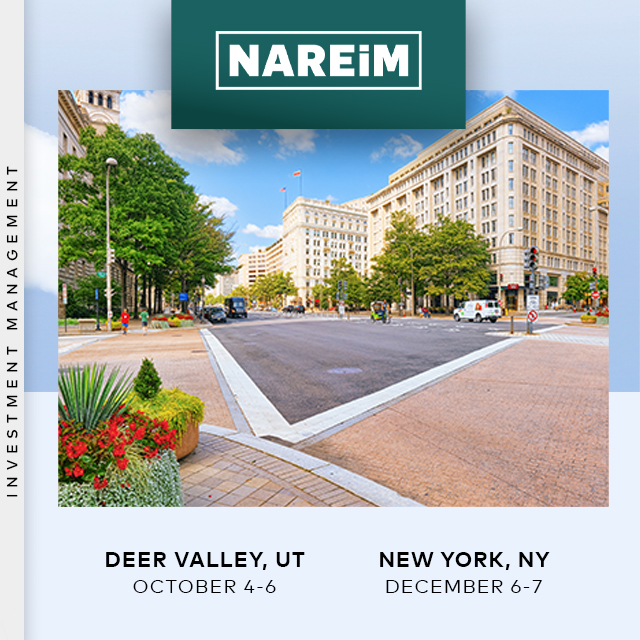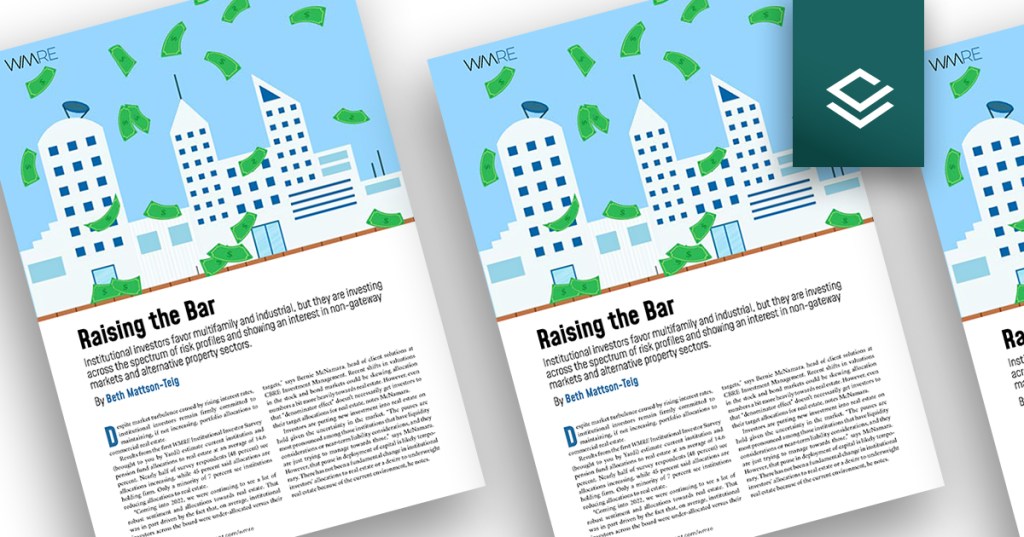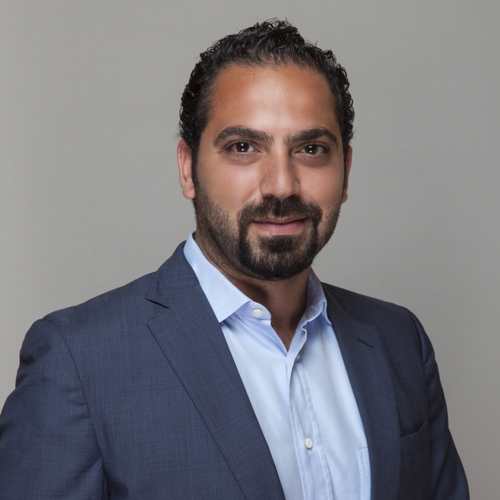Yardi & NAREIM
Dynamic Collaboration
Since its founding in 1990, NAREIM has promoted best practices for real estate investment management with an array of education, networking, research, thought leadership and student program opportunities. Yardi has consistently supported NAREIM events as a sponsor, exhibitor and presenter over the years. Close out 2023 on a high note by joining the Yardi Investment […]




